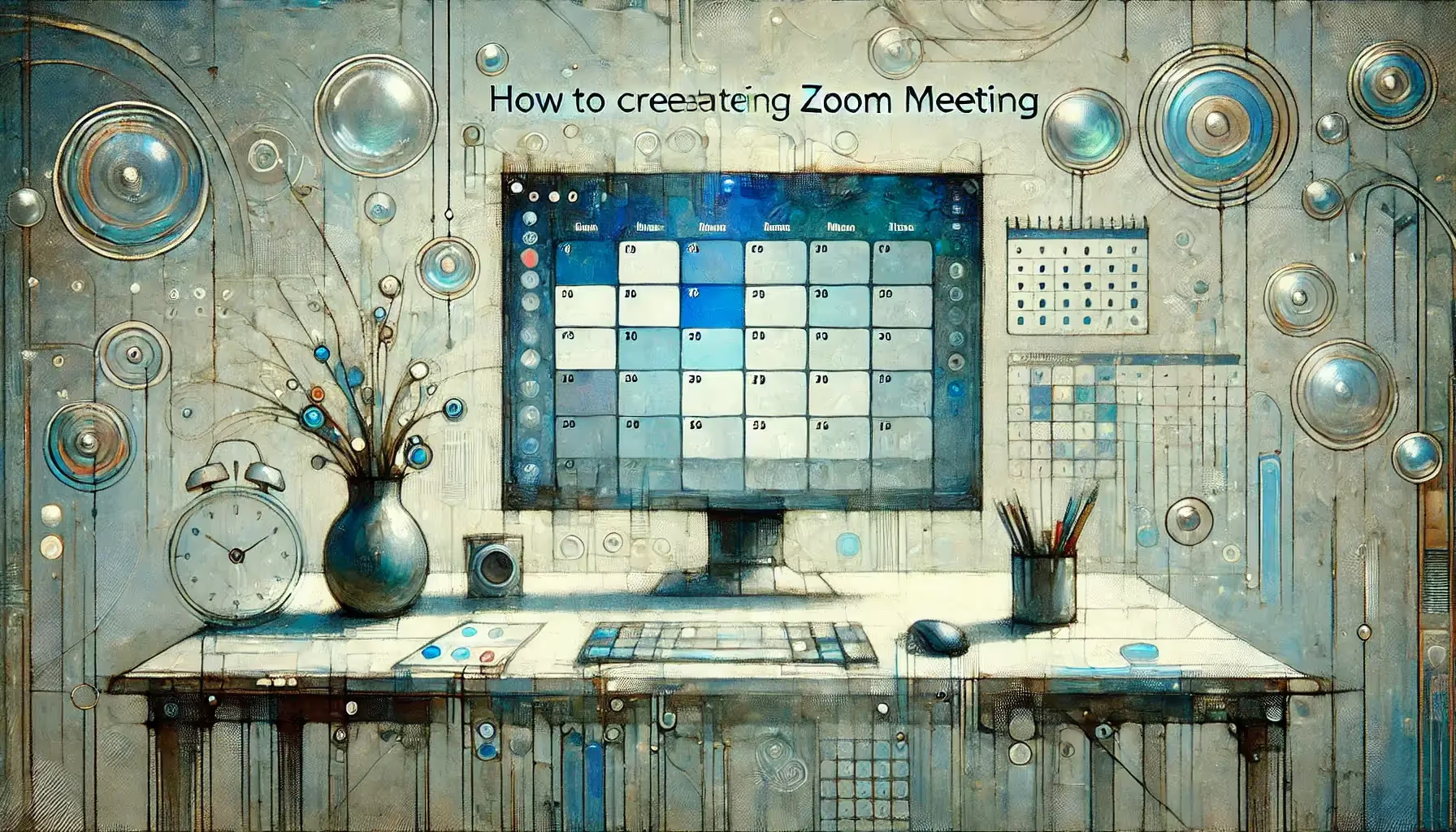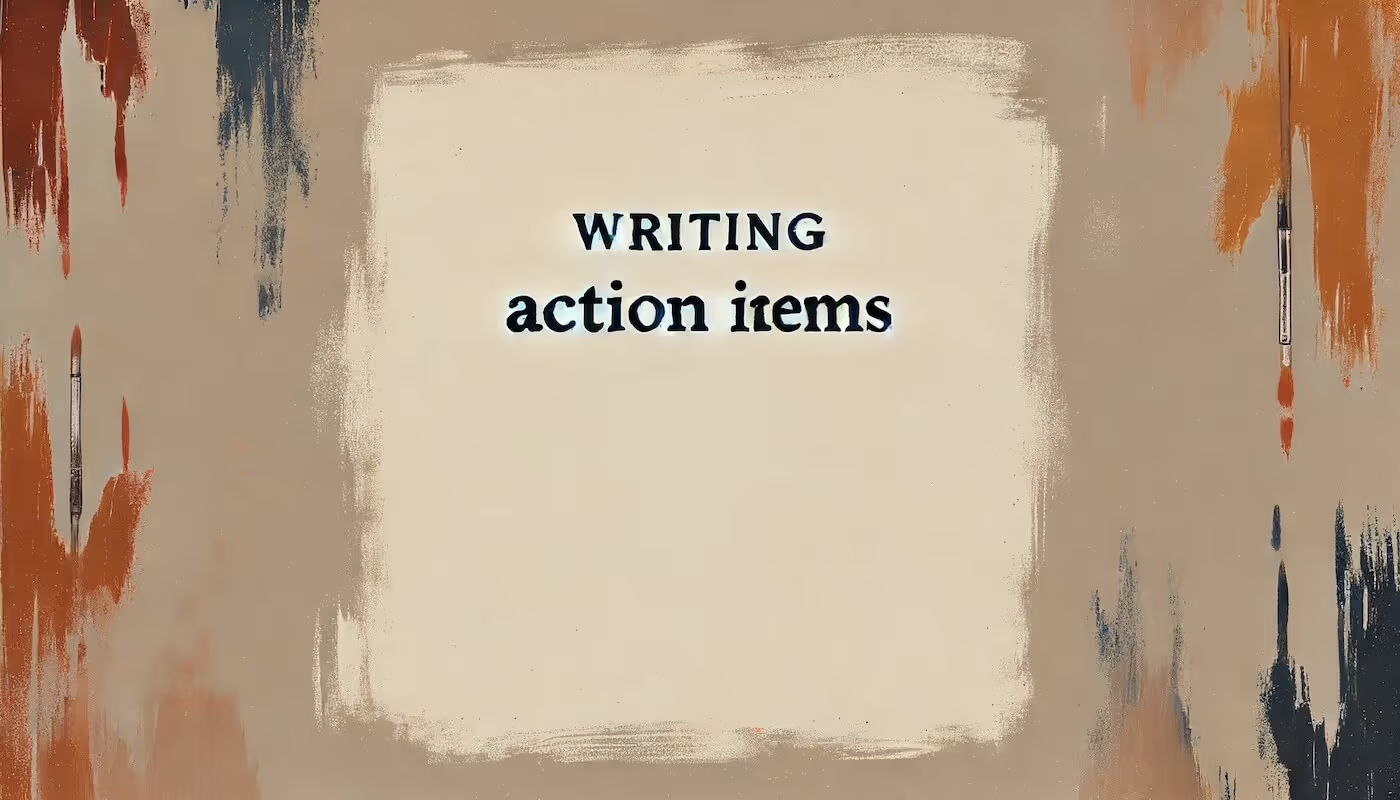
Time Management in the Workplace: Why It's Vital
Struggling with never-ending to-do lists at work? Learn the essentials of time management in the workplace to transform your chaotic hours into productivity gold, ensuring efficiency and balance in your day-to-day.
In today's fast-paced work environment, effective time management is more crucial than ever. It's not just about keeping time at work organized; it's about maximizing productivity and achieving a better work-life balance. This comprehensive guide will delve into what time management is, why it's vital, and how to improve time management skills with practical time management tips and strategies.
What is Time Management?
Time management, by definition, is the process of organizing and planning how to divide your time between specific activities. Good time management skills enable you to work smarter – not harder – so that you get more done in less time. This is where time management tips and techniques to manage time become indispensable in managing work more effectively.
The Importance of Time Management in the Workplace
Effective time management in the workplace leads to increased productivity and efficiency. It allows you to manage time tasks more proficiently, ensuring that you accomplish your work within the set deadlines. By prioritizing time efficiently, you not only meet your professional goals but also maintain a healthy work-life balance.
Strategies and Techniques for Time Management
1. Eisenhower Matrix: Prioritizing Tasks
The Eisenhower Matrix is a powerful time management skill. It involves categorizing tasks into four quadrants based on their urgency and importance, helping you prioritize and delegate effectively. This technique reduces the tendency to procrastinate on less urgent tasks.
2. Pomodoro Technique: Breaking Down Work Into Intervals
The Pomodoro Technique is a time management tip that involves breaking work into intervals, traditionally 25 minutes in length, separated by short breaks. This technique helps you stay focused and prevents burnout, making it easier to manage time tasks.
3. Time Tracking: Understanding Where Time Goes
Using time tracking tools is an effective management strategy for better work. It helps identify time wasters and provides insights into how you spend your workday, including alerting procrastination. Time trackers assist in refining your daily schedule and improving overall productivity.
4. Prioritization and Delegation
Mastering the art of prioritizing and delegating is essential for time management in the workplace. By learning to prioritize urgent and important tasks, and delegating the rest, you can manage your workload more wisely.
5. Avoiding Multitasking and Managing Distractions
Contrary to popular belief, multitasking can often lead to decreased productivity. Focusing on one task at a time and managing distractions effectively are crucial time management skills. This includes minimizing interruptions and setting smart goals for each workday.
6. Pareto Principle: The 80/20 Rule
The Pareto Principle, or the 80/20 rule, is a time management tip suggesting that 80% of results come from 20% of efforts. Identifying and focusing on those 20% of tasks can significantly boost productivity.
7. Time Blocking: Scheduling Tasks
Time blocking involves dedicating specific blocks of time for certain tasks or activities. This time management technique helps in staying organized and ensures that each task receives the attention it deserves.
Asynchronous Working Tools: Optimizing Team Efficiency
Incorporating asynchronous working tools such as Bubbles is a game-changer in time management and team collaboration. These tools allow team members to contribute at times that suit them best, reducing the need for simultaneous online presence and meetings. This flexibility helps in managing time more efficiently as team members can work during their most productive hours, leading to better output and a more balanced work life. Asynchronous tools also minimize time wasted in aligning schedules, making it easier to prioritize tasks and focus on accomplishing key objectives without being bogged down by constant real-time communication.
Make your
meetings matter
Loved and trusted by 100,000+ users:
- Automatically Record and Transcribe Meetings
- Extremely Accurate Notes, Summaries, and Action Items powered by AI
- Works with Zoom, Google Meet, and Microsoft Teams
- Save time and follow-up with quick async videos
Simply connect your work Google or Microsoft Calendar to get started.
Implementing Time Management in Your Daily Routine
1. Setting Clear, Achievable Goals
Effective time management begins with clear goal setting. Whether it's through SMART goals or simple to-do lists, having a clear understanding of what needs to be accomplished helps in planning for time management and staying on track.
2. Creating a Daily Schedule and Sticking to It
Developing a daily schedule and sticking to it is a vital time management skill. This includes allocating specific time blocks for tasks, setting aside time for breaks, and ensuring that each day has a balanced mix of work and rest.
3. Utilizing Management Apps and Tools
Leveraging management apps and tools can greatly enhance time management skills. From calendars to task managers, these tools help keep your time organized and ensure that you're focusing on the right tasks at the right time. Bubbles is also great for this, as you can use a 'respond-by' feature to keep conversations moving.
4. Practicing Regular Self-Reflection
Regular self-reflection is a crucial aspect of time management. It involves assessing how well you're managing your time, identifying areas for improvement, and adjusting your strategies accordingly. In this Bubble, a member of our team shares their experience of strategy choice, and explains how you can too.
In conclusion, mastering time management in the workplace is essential for productivity, accomplishing goals, and maintaining a healthy work-life balance. By understanding the definition of time management and implementing effective strategies and techniques, such as the Eisenhower Matrix, Pomodoro Technique, and time blocking, you can significantly improve how you manage your time. Remember, time management is not just a skill; it's a continuous practice that evolves with your changing needs and priorities.
Collaborate better with your team
Get your point across using screen, video, and audio messages. Bubbles is free, and offers unlimited recordings with a click of a button.
.avif)
Collaborate better with your team
Get your point across using screen, video, and audio messages. Bubbles is free, and offers unlimited recordings with a click of a button.
.avif)













.avif)